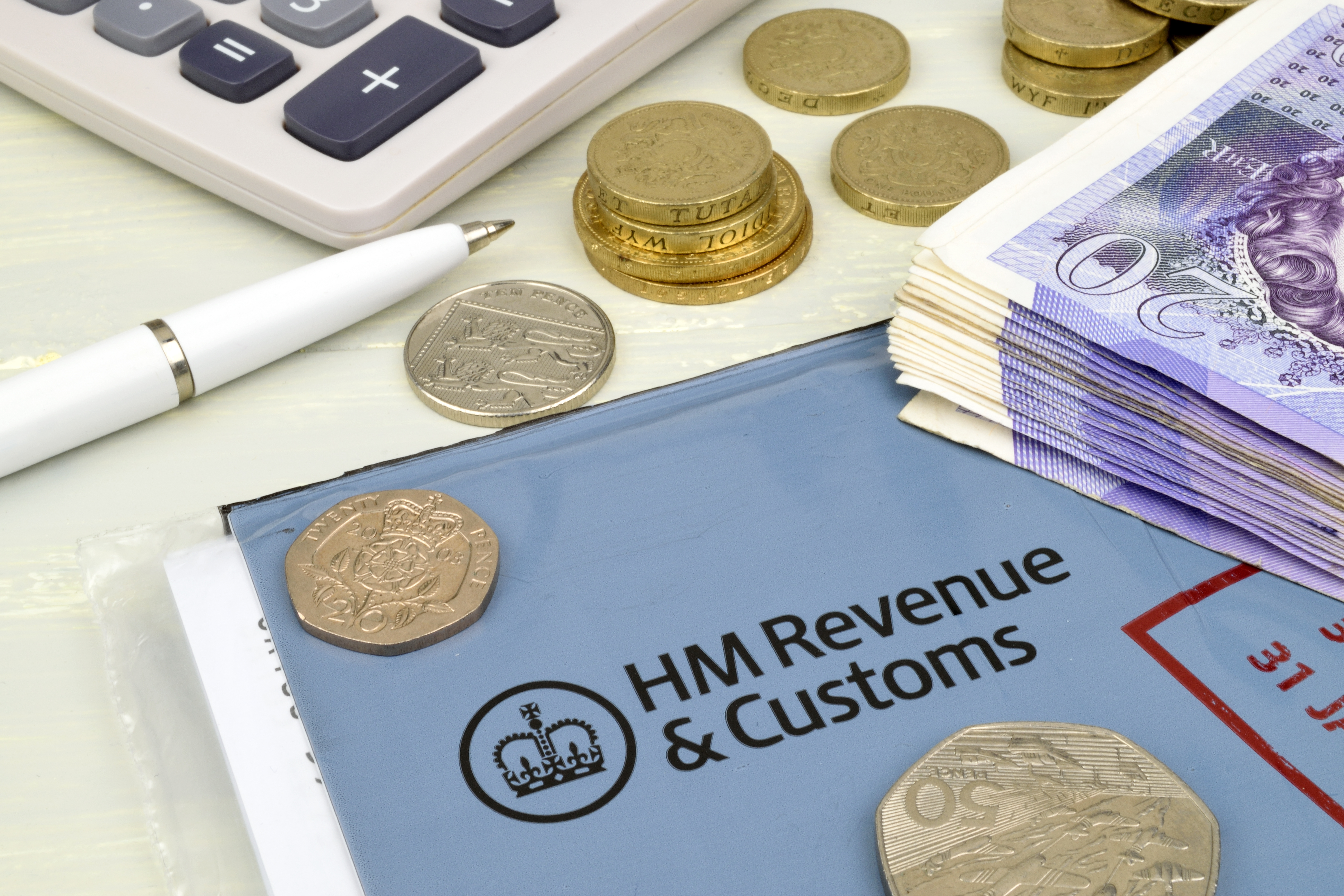COVID-19, Tax Residency and Exceptional Days

Source: Quilter International
In the UK, Finance Act 2013 (FA 2013) introduced the Statutory Residence Test (SRT), which made it much easier to determine who was, and who wasn’t, UK tax resident for a particular tax year (6 April – 5 April). In simple terms, if you are present in the UK (meaning physically there at midnight) for 15 or fewer days of the tax year, you are categorically not tax resident. At the other end of the scale, if you are present for 183 or more days, you are categorically tax resident. What if you are neither?
There are 3 other day-count thresholds, i.e. 45, 90 and 120 days, and depending on your individual circumstances, your maximum number of days (before you become tax resident) will be one of these. There are many flowcharts available to help you establish whether you are (or will be) UK tax resident in any year, e.g:
https://www.quilterinternational.com/siteassets/documents/sales-aid/10224_uk_statutory_residence_test_flowchart.pdf
If you are a UK domicile, and UK tax resident, then your worldwide income and gains are subject to UK tax. Non-domiciled UK residents can elect to be taxed on the remittance basis, where UK tax is levied only on UK-sourced income and gains, and also on offshore income and gains that are remitted to the UK.
What if you, as a UK domicile, arrive in the UK part way through the tax year, say on 1 December? In the worst case scenario, you could be subject to UK tax even on capital gains you realised while you were still offshore, going back to the previous 6 April. It may be possible to obtain split year treatment, where you would be subject to UK taxes only from the date of your arrival; HMRC’s Residence, Domicile and Remittance Basis Manual gives more details:
https://www.gov.uk/hmrc-internal-manuals/residence-domicile-and-remittance-basis/rdrm12000
What if you are “trapped” in the UK because of Covid-19 related travel difficulties?
The SRT has always had provisions for what are termed “exceptional circumstances” that prevent someone from leaving the UK. These are contained in FA 2013, Schedule 45, paragraph 22, where the examples given are:
- national or local emergencies such as war, civil unrest or natural disasters, and
- a sudden or life-threatening illness or injury
The maximum number of days that can be spent in the UK due to these circumstances that will be ignored in any day-count test is 60.
HMRC provided new guidance in March, related to Covid-19. They stated:
“The coronavirus (COVID-19) pandemic may impact your ability to move freely to and from the UK or, require you to remain unexpectedly in the UK.
Whether days spent in the UK can be disregarded due to exceptional circumstances will always depend on the facts and circumstances of each individual case.
However, if you:
- are quarantined or advised by a health professional or public health guidance to self-isolate in the UK as a result of the virus
- find yourself advised by official Government advice not to travel from the UK as a result of the virus
- are unable to leave the UK as a result of the closure of international borders, or
- are asked by your employer to return to the UK temporarily as a result of the virus
the circumstances are considered as exceptional.” (Source: https://www.gov.uk/hmrc-internal-manuals/residence-domicile-and-remittance-basis/rdrm11005)
This potentially adds a further layer of complexity to a subject that is already not particularly user-friendly, and clearly the situation could develop further, but even in exceptional circumstances, anyone spending 243 days of the tax year in the UK will be tax resident in all cases. This article was not written to offer specific advice, but it is safe to say that keeping meticulous records of travel dates and times is a very good idea.
